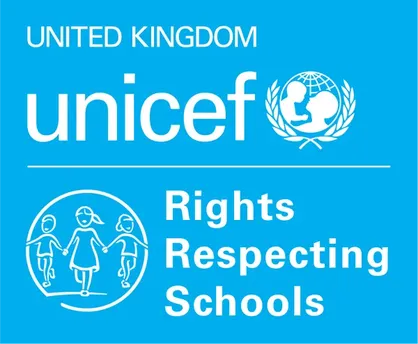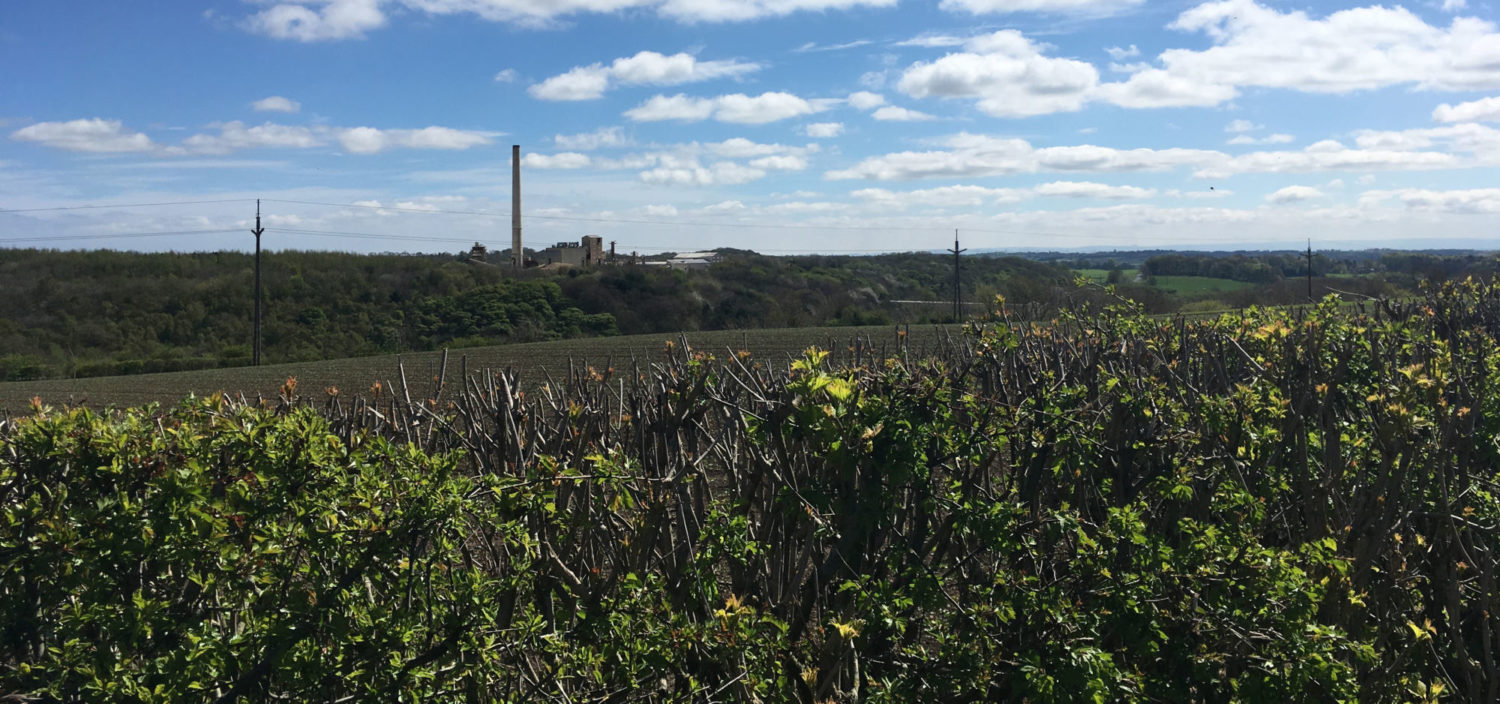Children at Cleves Cross School – a Gold Rights Respecting School in Ferryhill, County Durham – are working hard to reduce their carbon footprint and make their community healthier.
Erin, Maisie and Jack are three of the school’s Rights Respecting Ambassadors and along with the other children in school, they take an active role in deciding what issues the school will tackle. Environmental issues are very important here. Children participate in a lot of different initiatives, which together are making a positive impact on the health of children, the environment around them, and their wider community.
“If we don’t do our eco work the air would get polluted and then you wouldn’t be able to breathe and stuff,” said Jack.
“It is up to us to have the planet we want,” adds Erin. “We don’t want our planet to be all horrible and smoky, that’s why we try to do as much environmental work as possible.”
“We monitor the fuel the school uses and we have been focusing a lot on plastic. We have written letters to the Prime Minister to try and get less plastic used in the UK. We have written to the company that supplies our milk to try and get them to change their packaging too,” said Maisie. “And we wrote to all the schools in County Durham to ask if they would join us to start a campaign to stop Coca-Cola from using plastic bottles. We have quite a few schools involved, which is really good!”
“We don’t want our planet to be all horrible and smoky, that’s why we try to do as much environmental work as possible.”
Children at Cleves Cross organise regular litter hunts around Ferryhill to clean up waste in the area. The school encourages parents to let children walk to school and also runs a Park and Stride scheme where families who live a long way from the school drop children off ten minutes away so they can complete the rest of the journey on foot, which cuts down on emissions around the school gates.
“There’s a lot that goes on here,” explains Angela, the Rights Respecting Schools Coordinator. “We work with the local shops and businesses to get them to help us make the area cleaner. We monitor our fuel usage in school including gas, electricity and water. The children look at the information and think about ways we can reduce our use. Doing that impacts on air pollution and many other kinds of pollution too.”
“The children are really getting to grips with where their food is coming from, the air miles of food that comes from faraway places and lasts only a couple of days before it’s put in the bin. We run a Fuel for Schools scheme where each week ‘best before’ dated food is delivered here from local shops and people can pay what they feel and use the perfectly good food. If someone can’t afford something then they can give us an hour of their time, they can dig out our flower beds for example, or read with the children. The children are also encouraging their families to be less wasteful with food as well.
“As teachers if we steer them to look at environmental issues, then they will find out more about the problems and suggest solutions themselves. It’s their world and their future that we are trying to prepare them for so they can look after it themselves.”
Knowledge of children’s rights underpins all of the work that Cleves Cross does to look after their environment and their wider community.
“Each year we have a Rights Respecting Week. This year we looked at the right to a safe environment and we focused on the environment and plastic pollution. Every Tuesday we have our Eco Club and then our Gardening Club on a Thursday too,” said Erin.
“We made our own greenhouse and we’ve got our own garden! We grow our own food too and keep chickens and eat their eggs at lunchtime,” added Jack.
“We take surplus food and people can pay as they feel so everyone is healthy. The main aim is to stop food waste,” said Erin.
“We’ve planted lettuce, onions, beetroot and courgette. We have kale as well, which is quite nice. I think people now like vegetables a bit better,” said Maisie, “because they’ve grown them themselves and it is organic too.”
A huge amount of work from staff and students at Cleves Cross goes into protecting and nurturing the environment around the school. Angela noted that it is a community effort and everyone plays a part. “It is a lovely school, the staff work really hard. We all do so much beyond teaching the curriculum. I think in a small way we have educated everyone about children’s rights; we have visited the police station and other businesses to put posters up, so parents know about it, we’ve taken it out into the community to local groups and shops. It makes everyone a part of our rights respecting work.”
“This school plays a big part in the community, but you have to work hard for that,” continued Angela. It takes people working hard to keep communities together and all the things we do in school go towards being part of that community. Being rights respecting is not just articles of the Convention and knowing them ‘off pat,’ it’s about what the knowledge of rights collectively creates and that is what we get right here. It’s what we stand for.”




